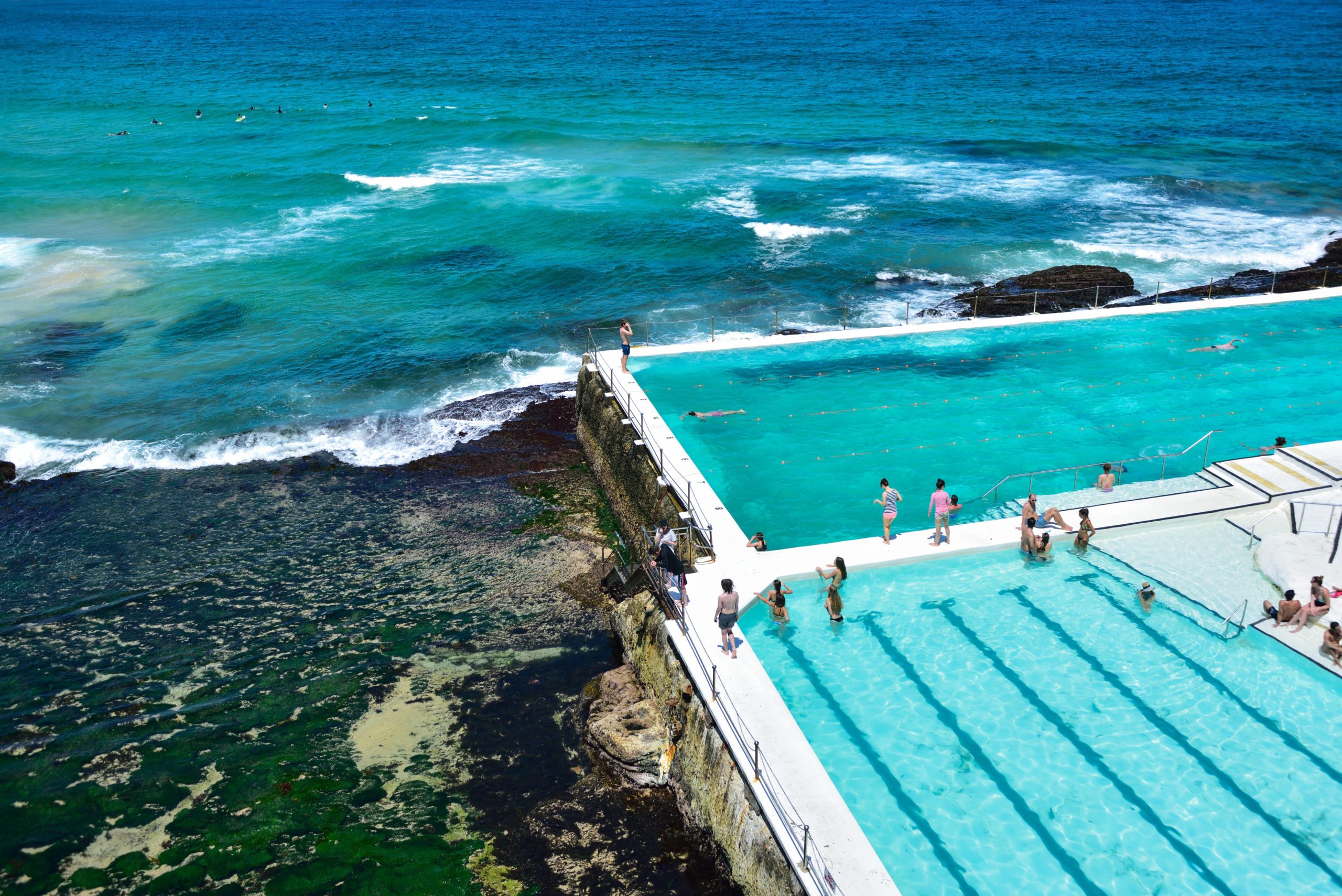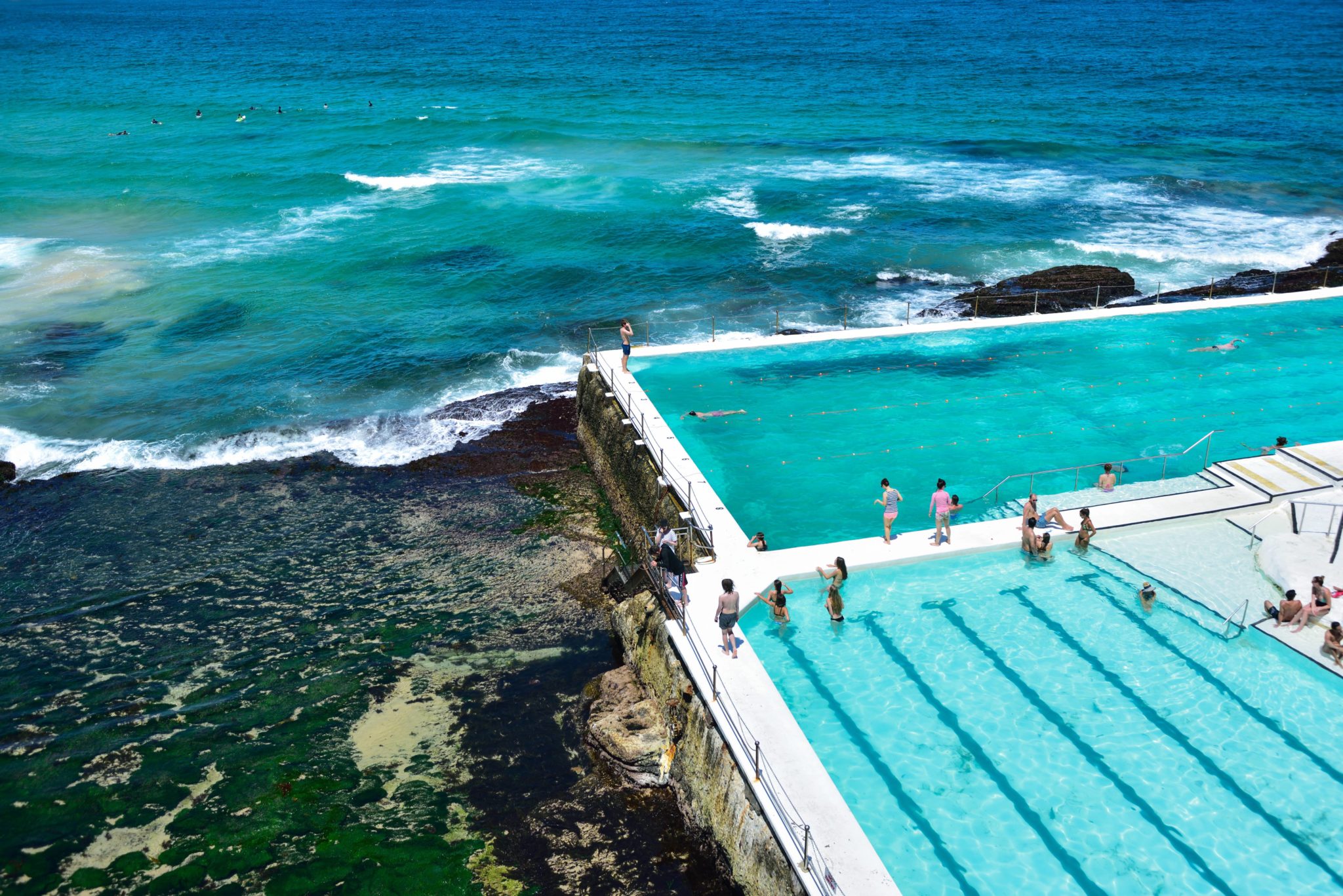
The Skilled Independent (189) and the Skilled Nominated (190) are both permanent visas designed to attract skilled and experienced migrants with an occupation on the skilled occupation list. Both the 189 and the 190 visa operate on a points-based system used to rank applicants based on factors such as their qualifications, employment experience, English language ability and age.
They are similar in that you must compete against other applicants based on your score and neither require sponsorship from an employer. While similar in some aspects, there are several key differences between the 189 and 190 visas which we explain below.
1.State or territory sponsorship
The main difference between the 189 and 190 visa is the requirement for sponsorship from an Australian State or Territory. Only the 190 visa requires that you be sponsored by an Australian State or Territory, thereby introducing additional criteria that must be met in order to be eligible for the visa. The 189 visa has no sponsorship requirement meaning you do need the sponsorship of any state or territory and may live and work permanently anywhere in Australia.
Requiring state or territory sponsorship for the 190 visa means you must first determine the criteria imposed by the particular state or territory from which you will seek sponsorship. This criteria will depend upon a number of factors such as your nominated occupation, whether you are inside or outside of Australia and the individual state or territory.
It is important to review these criteria well in advance as there are certain employment and residence requirements that will apply for each state and territory. This may include a requirement to live and work in a particular state or territory for a specific amount of time prior to receiving an invitation. Certain occupations may also attract additional criteria but depends on the particular state or territory from which you will be sponsored.
The requirements specific to each state and territory are subject to frequent change and will also depend on quotas issued by the Australian Federal Government. We recommend that you seek the advice of a migration lawyer to ensure that you are eligible for state or territory sponsorship before lodging an EOI.
The benefit of the 189 visa on the other hand is that you do not require the sponsorship of a state or territory in order to receive a nomination to apply for this visa. It is an independent visa that allows you to live and work anywhere in Australia with no continuing obligations to any state or territory of Australia. In contrast, you are obligated under the 190 visa to live and work in your sponsoring state or territory for at least 2 years upon receiving the visa.
2. Occupation lists
Another way in which the 189 and the 190 visa differ is the skilled occupation lists that are available. As the 189 visa does not require that you obtain state or territory nomination, you need only nominate an occupation that is available on the Medium and Long Term Strategic Skills List (MLTSSL). In contrast, as your invitation for the 190 visa depends on state or territory sponsorship, you must ensure that your occupation is available on the specific state or territory occupation list, as not all nominating states and territories share the same list.
The states and territories will select their occupations from either the MLTSSL or the Short Term Skilled Occupation List (STSOL) and may differ based on whether the applicant is onshore or offshore. There is also a postgraduate stream available to Masters and PhD graduates for which the criteria will vary depending on the particular state or territory.
Most Importantly, some states and territories impose additional criteria for specific occupations, such as requiring a higher minimum points score or higher minimum for post-qualification work experience. Due to COVID-19, the state and territory criteria currently require that you nominate an occupation on the Department’s priority migration skills list or one within a critical sector. These requirements are constantly reviewed and are expected to change as the situation with COVID develops.
3.Invitation rounds
The 189 and 190 visas also differ in the process and frequency of their invitation rounds. Invitations for the 189 visa are generally issued every month by the Federal Government for each occupation on the MLTSSL. Due to the current economic climate created by COVID-19, invitation rounds for the 189 visa are anticipated to run quarterly, the previous round being January 2021 and the next round scheduled for April 2021. These are independent of the state and territory invitation rounds.
Invitation rounds for the 189 visa are subject to an occupation ceiling, that is, a limit on the number of EOIs that may be selected for a particular occupation. This ensures a proportionate distribution of invitations among occupations as these figures are based on employment data released by the Australian Bureau of Statistics. No further invitations will be issued for an occupation once it has reached its quota, or ‘ceiling’.
The states and territories have more discretion in selecting EOIs as they issue invitations on the basis of their own individual needs and shortages. This allows the states and territories to utilise the migration program as a method of supporting their own development strategies and encourage a more balanced dispersal of the skilled migrant intake.
Again, the frequency of invitation rounds has been severely disrupted due to COVID and you should regularly review the situation for each state and territory.
Although both permanent visas under Australia’s General Skilled Migration Program, the 189 and the 190 visa are two distinct pathways with their own process and requirements. If you are seeking one of these visas or would like to know more, please contact No Borders Law Group and speak with one of our migration lawyers.
Are you looking for visa options?
NO BORDERS: #1 TRUSTED MIGRATION LAW GROUP
Email: [email protected]
Tel: +61 (07) 3876 4000
We will help you with exploring visa options and securing your application. No Borders Law Group is experienced in the Australian migration and visa application, and our migration agents and lawyers have extensive knowledge in the legal requirements, eligibility criteria, and the supporting documents required. Simply dial 07 3876 4000 or email: [email protected] and let us help you start with your way towards obtaining an Australian visa.
#Migration #Migrationlawyer #Migrationagent #Migrationlaw #businessvisa #pr #immigration #migration #australiapr #407 #australia #australiavisa #australianimmigration #australianvisa #migrationtoaustralia #migration #visa #sponsored #Skilledvisa #regional #employersposnorship #sponsorship #SkilledRegional #trainingvisa#189 #190 #491 #temporaryvisa #occupationlist

